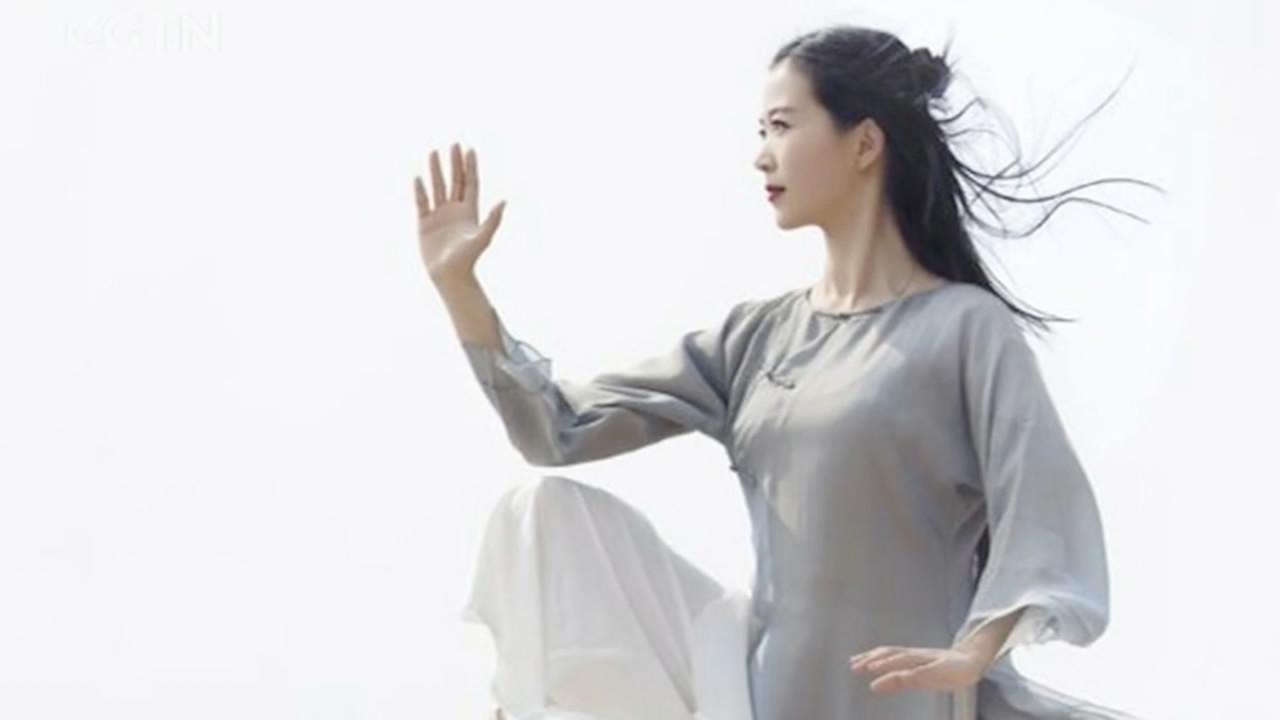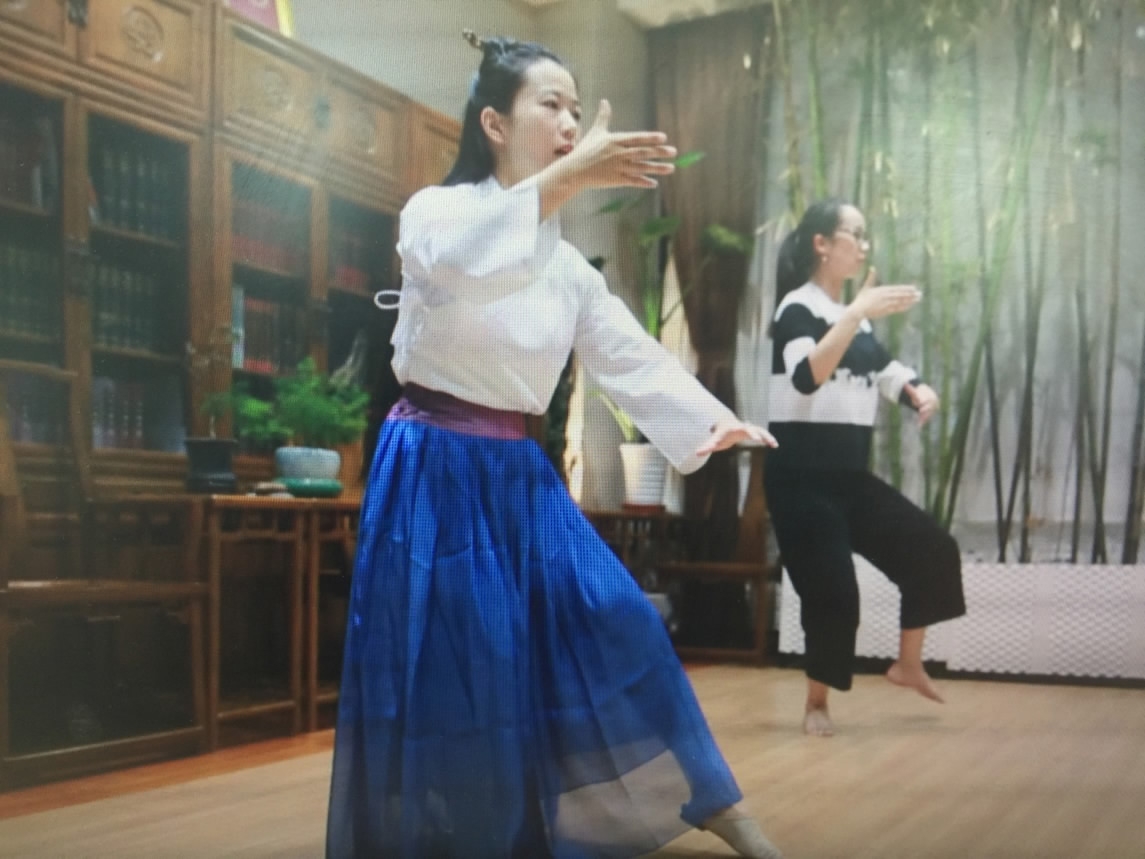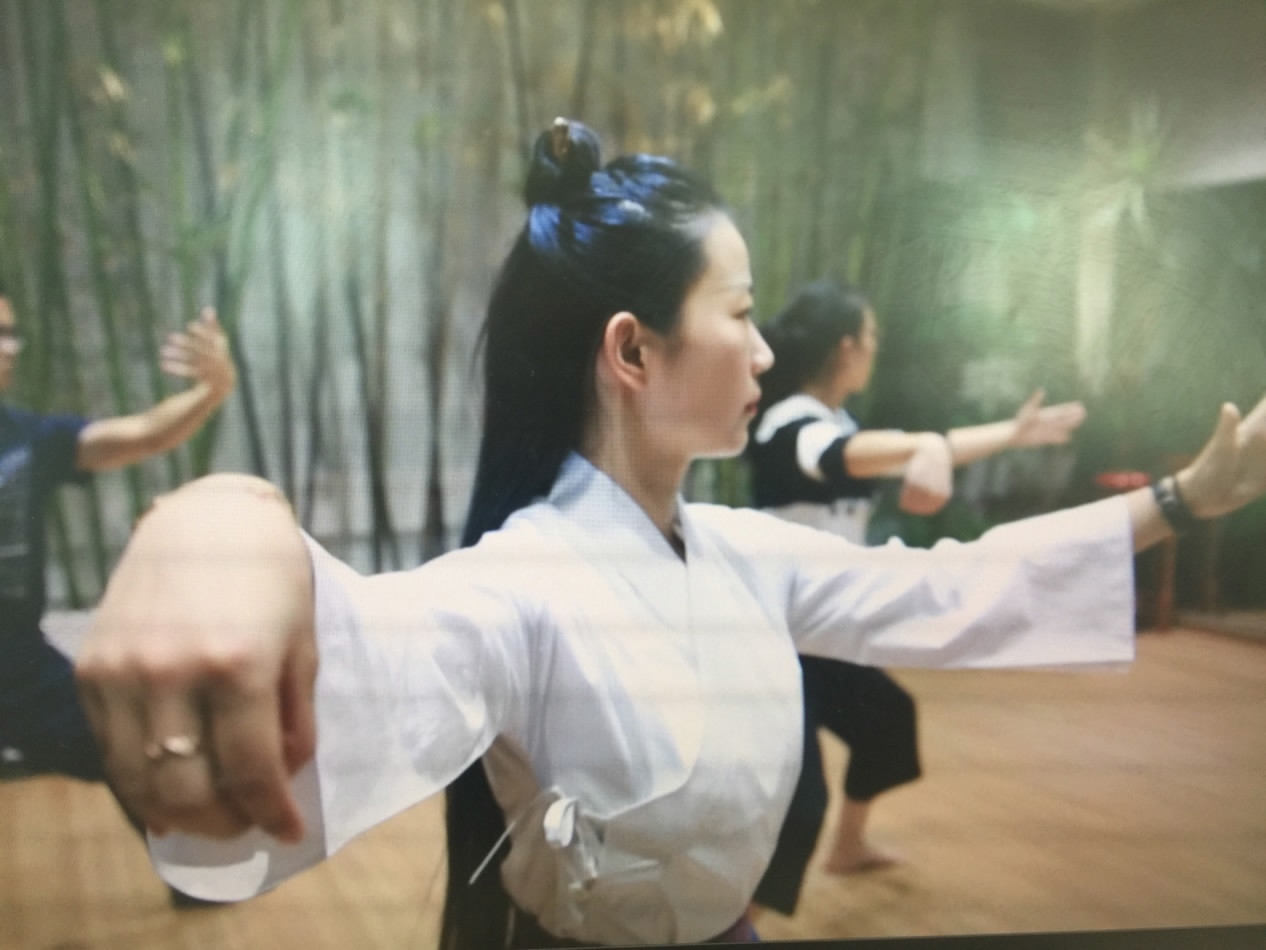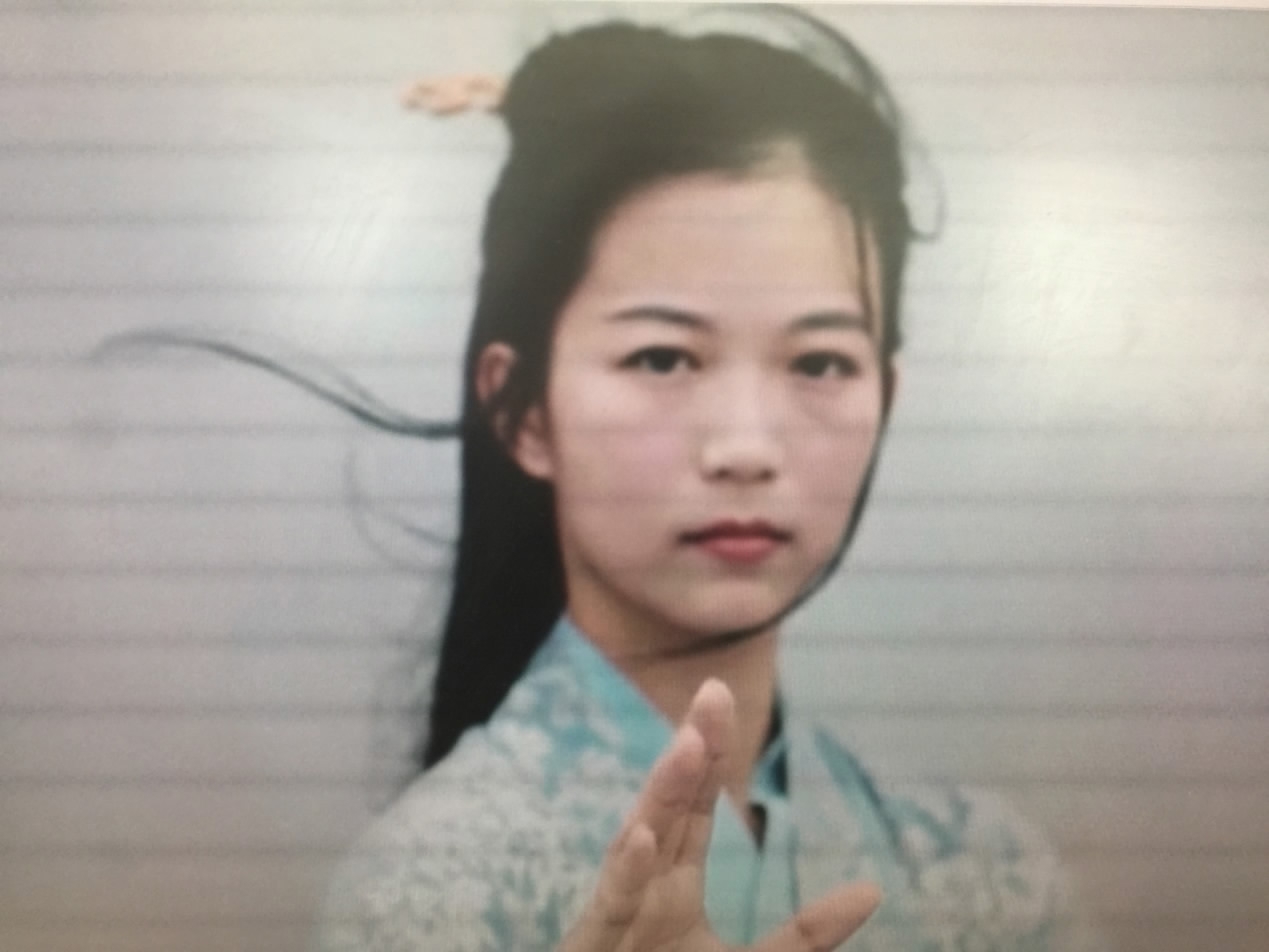
Culture
15:14, 15-Nov-2017
Taiji goddess: Young master teaches ancient martial arts online
By Wang Wei

The Chinese martial art form of Taiji, also known as Tai Chi, is centuries old. And the Yang-style is the most popular in the world.
Today, A young Taiji master, Ye Yongxiang, has started teaching the practice online, in order to share the time-honored martial art with people around the world.
With her serenity and elegance, Ye Yongxiang is known inside China's vibrant cyber community as the Taiji Goddess.
Her educational videos have earned the young Taiji master a strong following of over 70,000 fans. Ye Yongxiang says her aim is to reveal the essence of this time-honored martial art.

CGTN Photo
CGTN Photo
"Actually the essence of kung fu is not about glamour and razzle-dazzle. Behind the spectacle, is endless sweat and hard work," Ye Yongxiang said.
Born in the mid-1980s in the eastern Chinese city of Shanghai, Ye Yongxiang first learned about Taiji from her mother, a professional martial artist. She began formally training at the age of eight and has shown steadfast dedication to mastering the martial art.
Before starting, CGTN asked whether she could endure the hard work. She first said nothing and just nodded her head. Then she gave an affirmative answer.
"For a time I even forgot how to move my legs while walking, because Taiji requires footwork that is different from our everyday gait. I found the experience rather disorienting and wondered whether I should keep learning Taiji. But gradually I came to see Taiji's beauty. Getting rid of the physical inertia gave me a sense of liberation. I gained a new perspective on things," Ye said.

CGTN Photo
CGTN Photo
After graduating from a top sports academy in Shanghai, Ye Yongxiang worked as a Taiji instructor.
In 2014, she competed in the Hong Kong Wushu Championship. After earning gold medals in all three main Taiji events, Ye became China's youngest Taiji master.
Determined to share Taiji with a wider audience, she then went to study humanities at the Queen Mary University of London.
Ye Yongxiang said: "Taiji is more than a set of martial skills. It embodies a coherent code about how to live and how to conduct yourself. It's not merely about kicking and punching. It's a mental process."
For Ye Yongxiang, Taiji is a way to integrate the body and mind. In pursuing the wholeness of the self through Taiji, she has come to learn perseverance, forbearance, and focus.
Early in 2017, Ye Yongxiang set up her own Taiji studio in Shanghai.
Tapping into the country's fast-growing online community, she began using video streaming to teach the martial art. But the plan didn’t run smoothly at first. "I felt a lot of stress when I first started my studio. There's a lot of rejection,” she said, “Some suggested that I'm too young and lack seniority. And some simply dismissed me as nothing but a pretty face."

CGTN Photo
CGTN Photo
Thanks to her precise, accessible language and multi-angle demonstrations, Ye Yongxiang has been able to gradually build a solid fan base. Her Weibo account now has more than 70,000 followers and Ye's online interactions with university lectures have attracted thousands of young people to the ancient martial art.
Through her two decades of learning and teaching Taiji, Ye Yongxiang has observed a shift in people's attitude towards the tradition, which used to only be valued as a form of physical exercise.
“Taiji has never been something static, and it will continue to adapt as time changes. We are living in a world of many temptations and distractions. You have to build a very strong inner self. Sometimes people might feel inadequate to cope with life. I've found Taiji very life-enhancing and satisfying," she said.

SITEMAP
Copyright © 2018 CGTN. Beijing ICP prepared NO.16065310-3
Copyright © 2018 CGTN. Beijing ICP prepared NO.16065310-3